Abu Dhabi is not a place anyone should go voluntarily – which, in retrospect, made my presence there all the more bewildering. I suppose it’s okay if you’re ferried between luxury hotels in a stretch limousine, à la the appalling Sex & the City 2, but for any normal person the experience boils down to… well, boiling. This bleak dystopia is located about half a mile from the sun and the only means of respite from the crushing heat are the myriad of fake jewellery stores that constitute the city’s retail offering. Oh well – at least I won’t die wondering.
The odd choice of stopover destination did not sully a three week jaunt to Paris and Europe, made mainly for a friend’s wedding but also because, as Audrey Hepburn once said, Paris is always a good idea. As Peter Coleman noted in these pages, the high-profile wedding was the subject of intense security – although spend a few days in Paris and you realise that heavy artillery is just part of the general mise en scène. Whether you’re catching a train at Gare du Nord or buying a felafel in the Marais, uniformed officers bearing machine guns are never far away. This doesn not seem to bother the French, whose Republic was etched through military struggle, but for a naive Australian boy it is an uncomfortable sight.
Still, there is not a gun to be seen as we walk along the Champs Élysées on a spectacular sunny Sunday: and I mean along it – the road itself – for this was Paris’s first ever car-free day. Years in the making, the event saw private vehicles banned in large parts of central Paris and the roads given over to pedestrians. It was incredible to see a city liberated from the noise, pollution and artificiality of cars, and made me think about how dependent we are on the things. As a driver in Sydney, a stunt like this would have been my idea of hell. But Australian cities have no real public transport infrastructure, not of the sort that denser metropolises can justify. It’s a consequence of having embraced urban sprawl and we will deal with the ramifications of that evermore.
Most European nations don’t change leaders as often as we do, but their politics can still be thrilling. Catalonia has just voted for independence from Spain and when I arrive, every second Barcelona balcony is adorned with the red and yellow stripes of the Catalan flag. Tour guides and other locals assure me that nothing will actually come of the vote: Catalans have been bitter about their subjugation for 300 years. It’s hard to know what to think about separatist movements in 2015. They are the cause of so much violence and unrest around the world, and to what end? Self-determination is a nice idea in theory but in this era of unprecedented globalisation, the conversation should be about breaking down borders rather than creating new ones.
The European Union has been a fascinating experiment in doing just that. And, for all its trials and tribulations, the institution remains intact. But in Britain, the main debate is about leaving. David Cameron has promised a nationwide vote by the end of 2017, and polls show that Britons are divided, with a large minority supporting an exit. This is, of course, the nation whose Prime Minister may or may not have had intercourse with a dead pig while at Oxford, and whose opposition leader is an avowed socialist who wants to disband the army. Indeed, a serving general has indicated that a future Jeremy Corbyn government could face a military coup if it sought to reduce the army’s power. ‘There would be mass resignations at all levels and you would face the very real prospect of an event which would effectively be a mutiny,’ the unnamed general told the Sunday Times last month.
My dealings in the UK were chiefly with Aussie expats, but on a Ryanair flight to Barcelona I got a taste of real Britannia. Seated next to me in the front row was a couple embarking on what was clearly one of those holidays taken by middle-aged people on which they have no fun whatsoever. A departure delayed by 10 minutes was enough to invoke the husband’s wrath, while the wife fumed about the steward’s failure to supply her with magazines. They determined that one of them, upon arriving in Spain, would compose a letter of complaint to the airline. This is the same budget airline whose famously brash chief executive, Michael O’Leary, tells passengers: ‘We don’t want to hear your sob stories’.
O’Leary is all about frugality and efficiency. My own encounter with that peculiar European brand of efficiency occurs on the way home. I’m flying from Barcelona to Amsterdam on Transavia, a low-cost Dutch carrier, with a three hour layover at my destination. The flight is 90 minutes late as we board, which we are told is the fault of the French air traffic controllers, who are on strike (of course). If we leave in 17 minutes, we can get across France, but if we miss that slot, we’ll have to wait another hour or so. Unfortunately, there’s a problem. We’ve got 180 people checked-in for the flight, but 182 people on the plane. It takes an eternity before we are told that ‘a problem with the web check-in software’ was to blame. Sadly, the 17-minute slot has long passed. We are stuck on the tarmac for another hour.
Our English friends from the Ryanair flight would have incited a riot by now, or sought to divert the plane to The Hague for the immediate trial of those responsible. But a polite appeal results in the steward taking my passport details and assuring me I’ll be automatically checked-in for my connecting flight back to Sydney. Dutch decency, as it transpires, is more than enough to make up for French failure.
Got something to add? Join the discussion and comment below.
Get 10 issues for just $10
Subscribe to The Spectator Australia today for the next 10 magazine issues, plus full online access, for just $10.

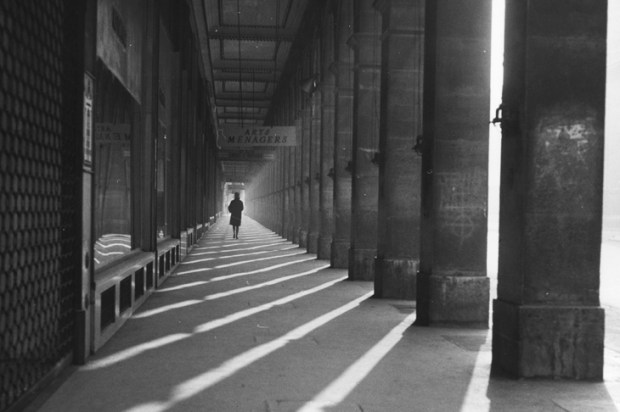
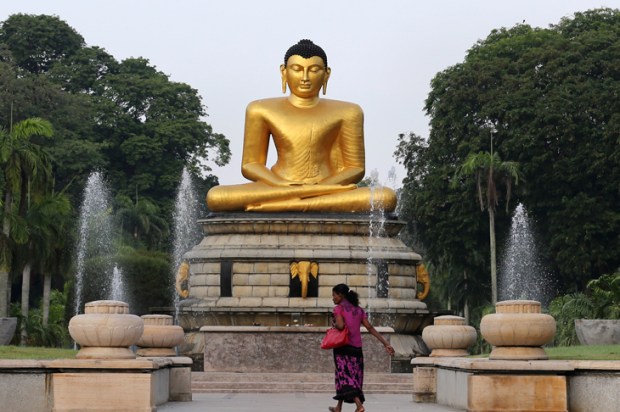
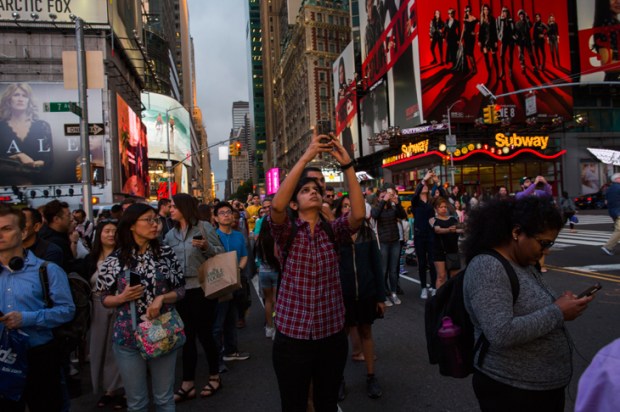
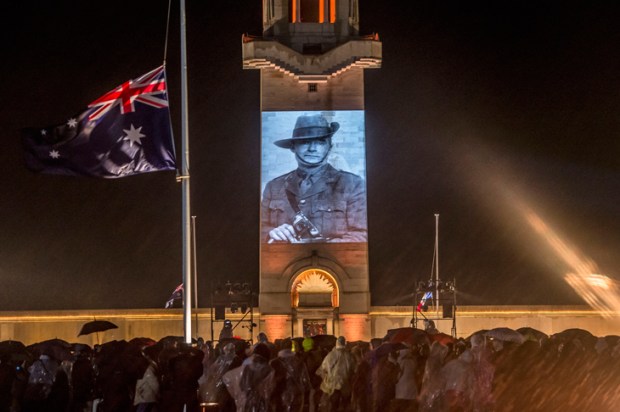

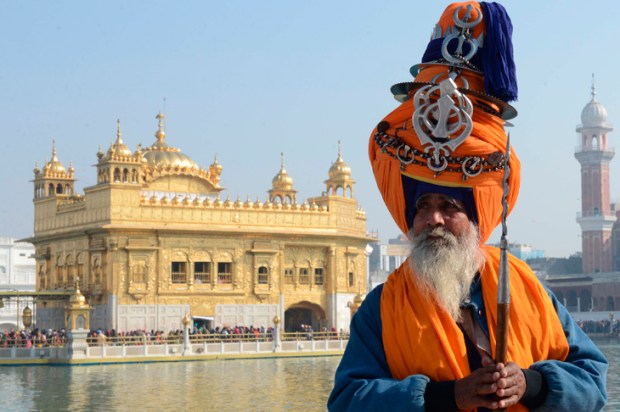






Comments
Don't miss out
Join the conversation with other Spectator Australia readers. Subscribe to leave a comment.
SUBSCRIBEAlready a subscriber? Log in